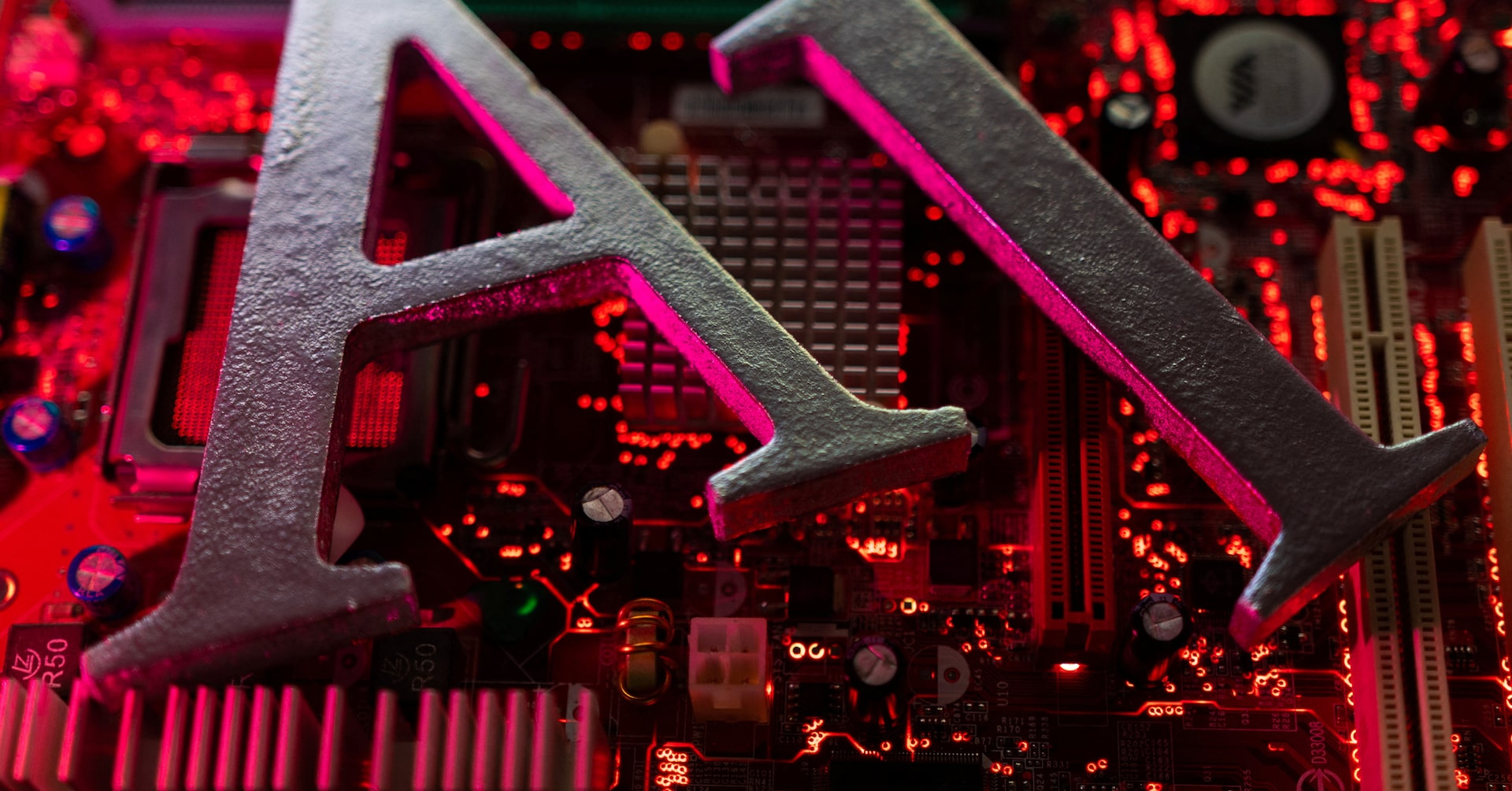A recent decision by a federal judge in New York has thrust the issue of artificial intelligence (AI) and intellectual property into the legal spotlight. The court allowed a lawsuit by two voiceover artists, Paul Skye Lehrman and Linnea Sage, to proceed against Lovo Inc., an AI voice technology startup. The artists allege that their voices were misappropriated and used without proper consent to train and power Lovo’s AI-driven text-to-speech service. This case is not only a significant step for the plaintiffs but also a landmark moment in the ongoing debate over the rights of artists in the age of AI.
The Lawsuit: Background and Allegations
Lehrman and Sage, both professional voiceover artists based in New York, claim they were approached via the freelance platform Fiverr by individuals representing Lovo Inc. Each was offered payment for voiceover work, purportedly for research or test scripts. Lehrman was paid $1,200, and Sage received $800. However, the artists later discovered that digital replicas of their voices were being sold through Lovo’s commercial text-to-speech platform, Genny, without their knowledge or explicit permission.
The artists filed a proposed class action in 2024, asserting that Lovo’s actions constituted:
- Breach of contract
- Deceptive business practices
- Misappropriation of their voices for commercial gain
- Unjust enrichment
While the lawsuit initially included claims of federal copyright infringement, the judge dismissed those particular claims, focusing instead on state law issues and the unauthorized use of the artists’ voices as training data for AI models.
The Judge’s Ruling: What Moves Forward
The federal judge’s decision is nuanced. While most federal copyright and trademark claims were dismissed, the court allowed the case to proceed on several key fronts:
Breach of contract: The artists allege that Lovo misrepresented how their voices would be used, violating the terms of their agreement.
Violation of publicity rights: The court permitted claims that Lovo used the artists’ voices in its technology without their consent, infringing upon their rights to control the commercial use of their identity.
Consumer protection and deceptive practices: The court found sufficient grounds to examine whether Lovo engaged in misleading business practices by misrepresenting the intended use of the voice recordings.
This partial victory for the artists is being hailed as a significant precedent, as it recognizes the unique challenges posed by AI technologies that can replicate human voices and likenesses.
Broader Implications for AI and Intellectual Property
The Challenge of Protecting Voices
The case highlights a critical gap in current intellectual property law: while copyright law protects creative works that are “fixed” in a tangible medium, it does not currently extend to the sound of a person’s voice. This means that artists must rely on state-level right of publicity laws and contract law to protect their voices from unauthorized use by AI companies.
The Rise of AI and Legal Uncertainty
AI-generated voice cloning is advancing rapidly, enabling the creation of highly realistic digital voices with minimal input data. This technology offers immense opportunities for innovation but also raises serious concerns:
Consent and compensation: Voice actors argue that their voices are valuable assets and should not be used for AI training or commercial purposes without explicit consent and fair compensation.
False representation: If companies misrepresent their rights to use an artist’s voice, it may constitute false advertising or even theft of personal property.
Regulatory gaps: There is no federal right of publicity in the US, and state laws vary widely. Some states, like New York, offer remedies under civil rights statutes, but others do not, leaving many artists unprotected.
The Future of AI Regulation
This lawsuit is part of a broader trend, as artists, writers, and other creators increasingly challenge AI companies over the use of their work in training generative AI models. Legal experts note that as AI becomes more sophisticated, courts and lawmakers will need to clarify the boundaries of consent, ownership, and compensation in the digital age.
Conclusion
The federal judge’s decision to allow Lehrman and Sage’s lawsuit against Lovo Inc. to proceed marks a pivotal moment in the intersection of AI technology and intellectual property rights. While the court rejected claims based on federal copyright law, it recognized the importance of state-level protections and the need for clear legal frameworks to address the unique challenges posed by AI voice cloning. The outcome of this case could set a precedent for how courts, companies, and creators navigate the rapidly evolving landscape of AI, consent, and creative ownership.

